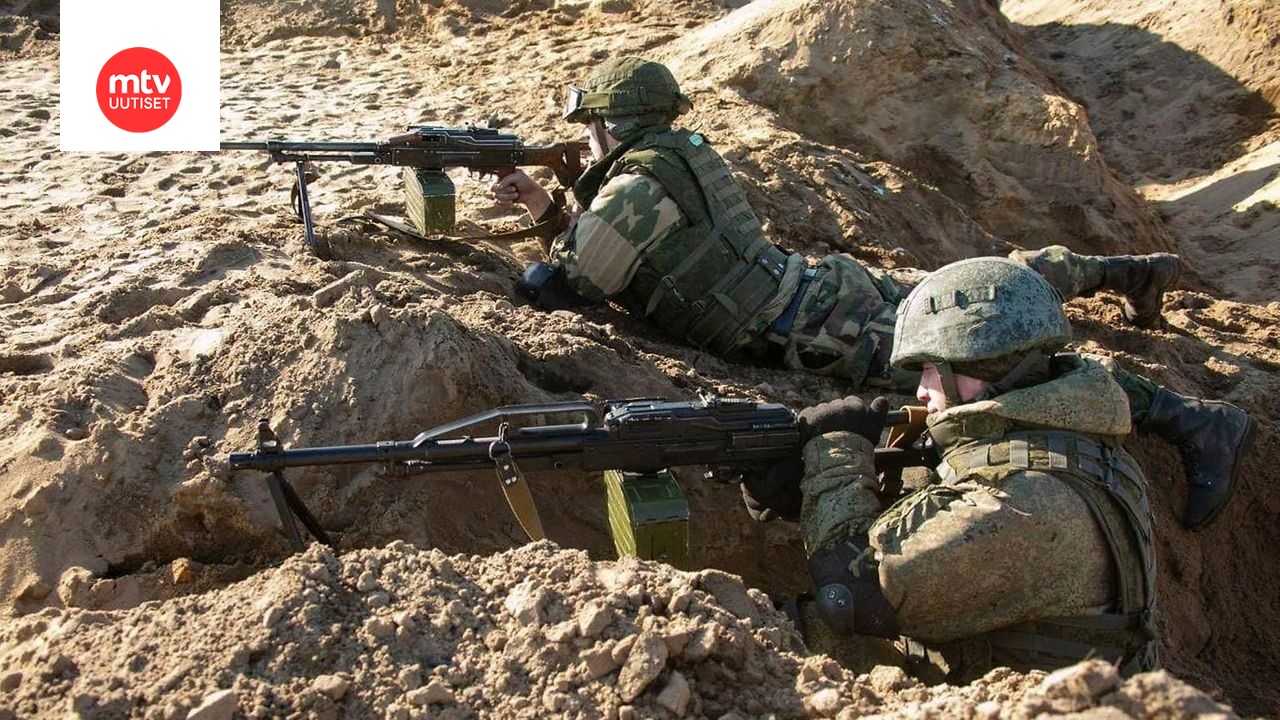As the Russian invasion of Ukraine enters its second week, U.S. and
European intelligence officials say that Russian President Vladimir
Putin appears isolated and reliant on a small coterie of advisers who have
not told him the truth about how difficult and costly conquering Ukraine is turning out to be.
In Putin, analysts see a leader on edge, fueled by paranoia after underestimating the unified resolve of the West, and at risk of lashing out when he feels cornered. Those concerns have led some policymakers to repeatedly note that NATO will not intervene in the war lest there be any doubt in Putin’s mind.
Putin’s military campaign, which has killed civilians, as well as his order to place Russian
nuclear forces on a higher level of alert, has prompted fresh requests from U.S. policymakers in recent days to the intelligence agencies for insights on his thinking, according to several U.S. officials familiar with the matter.
Understanding what’s in a leader’s head is one of the most difficult tasks intelligence analysts face.
But in Putin’s case, it’s crucial for decision-makers to understand how he might act so they can calibrate their responses and to try to find some way to end the war in Ukraine.
Intelligence agencies routinely conduct analyses of world leaders, and it’s customary for those profiles to be updated and reexamined during a crisis. Now analysts are scrutinizing Putin’s every utterance and movement for indications about his mental state, his temperament and his plans and intentions.
“We ask a lot of our intelligence colleagues these days [about] Putin’s mind-set,” said a U.S. administration official, who, like others, spoke on the condition of anonymity to describe sensitive discussions. “
We understand that he has been isolated during covid and is surrounded by ‘yes men.’ Everyone is looking for fissures
when it comes to his grip on power, but we’re not seeing any significant cracks.
Before the invasion, U.S. and British intelligence analysts had warned that
Putin was being misinformed by his advisers, who gave him an overly rosy picture of how easily the invasion was likely to go. Those concerns have been heightened now as the Russian military prepares for what may be a long and bloody battle for the capital city, Kyiv.
“Their circles tend to be insular,” a second administration official said of autocratic regimes like Russia’s.
“We’ve all seen the images of Putin and the physical distance between him and those around him,” the official said, remarking on photos of Putin sitting several feet from his advisers at a long table. “In some ways that could be a metaphor of what’s taking place.'
The West’s uncertainty about Putin’s access to credible information is particularly concerning, said U.S. and European officials, who worry how he might interpret comments in the Western media about the
European Union sending fighter jets to Ukraine or enforcing a no-fly zone over Ukraine.
U.S. and European leaders are unlikely to approve such measures, but talk of them may already be factored into Russia’s next steps, officials fear.
“We need to manage the escalatory risk,” said one European official.
“Putin is not doing well. He’s shouting at staff. His war is behind schedule. This is a dangerous time for Putin.”
“If the Russians hear that Western leaders are thinking of a no-fly zone, his mind goes back to Libya in 2011, where NATO intervenes, and months later [Moammar] Gaddafi is pulled out of a hole and killed,” the official said.
In 2011, NATO intervened in the civil conflict in Libya, implementing a no-fly zone designed to close off Libya’s airspace to all flights except humanitarian deliveries. The fighting resulted in the ouster of Gaddafi, the country’s leader,
who was killed by rebels after fleeing his palace.
Putin’s war on Ukraine is drawing battle lines within Russia
Some leaders have already taken steps to try to avoid triggering a disproportionate response from Russia by ruling out unlikely policies, such as a no-fly zone.
“We have no intention of entering Ukraine by land or air,” NATO Secretary General Jens Stoltenberg said Monday, noting his responsibility to make sure the conflict “did not spiral out of control, escalate or turn into a full-scale war in Europe with NATO allies.”
White House press secretary Jen Psaki also said there were reasons a no-fly zone, which would involve U.S. planes patrolling the skies and potentially shooting down Russian aircraft, was “not a good idea.”
Some European intelligence officials also expressed concerns that the harder Putin is pushed on sanctions, the more he may be compelled to “set an example” by striking at more civilian targets in Ukraine.
Understanding Putin is made more challenging by the intelligence community’s lack of human sources with close access to the Russian leader.
In 2016, Russians spying for the United States were able to demonstrate that Putin had personally instructed his intelligence services to interfere in the U.S. presidential election. Sources with that level of detail about Putin’s decision-making are no longer in Russia, according to current and former officials familiar with the situation.
Intelligence analysts aren’t entirely without human insights. An FBI report compiled in recent days cites a source who has spoken to another person who claims to know that Putin is extremely angry about the sanctions, which he felt were a disproportionate response to his invasion, according to a person familiar with the report.
Analysts are now reexamining earlier reports from that source to determine whether the source truly has close enough access to Putin to know how he’s responding and what he might be saying, the person said. The report also cautioned that the source could be providing the information to influence the U.S. government to ease up on sanctions, by portraying Putin as furious and aggrieved, the person added.
The FBI intelligence document was first reported by
CNN.
The FBI declined to comment.
Biden lets European leaders take center stage on Ukraine
Analysts are also paying close attention to what Putin says publicly. His televised address before the invasion, in which he asserted that Ukraine wasn’t a sovereign country, was a catalogue of long-standing grievances against Ukraine and the West, filled with historical inaccuracies and falsehoods. But, analysts said, it was also a clear indication of Putin’s resolve that Ukraine effectively belongs to Russia and should never be admitted to NATO.
“We underestimate Putin’s words at our own peril,” a U.S. official familiar with Russia said. “And I think he has been extraordinarily consistent in what he said about what he wanted and what he wants.”
To that end, Putin’s order to put his nuclear forces on higher alert should be seen as a serious indication of how committed he is to extract guarantees about Ukraine’s future and NATO, the official said, adding that he could imagine Putin detonating a nuclear weapon in the atmosphere over an unpopulated areas as a warning to the West.
“
He believes that we do not take him seriously. He thinks that we have always seen him as weak, and that ultimately he will back down,” the official said.



